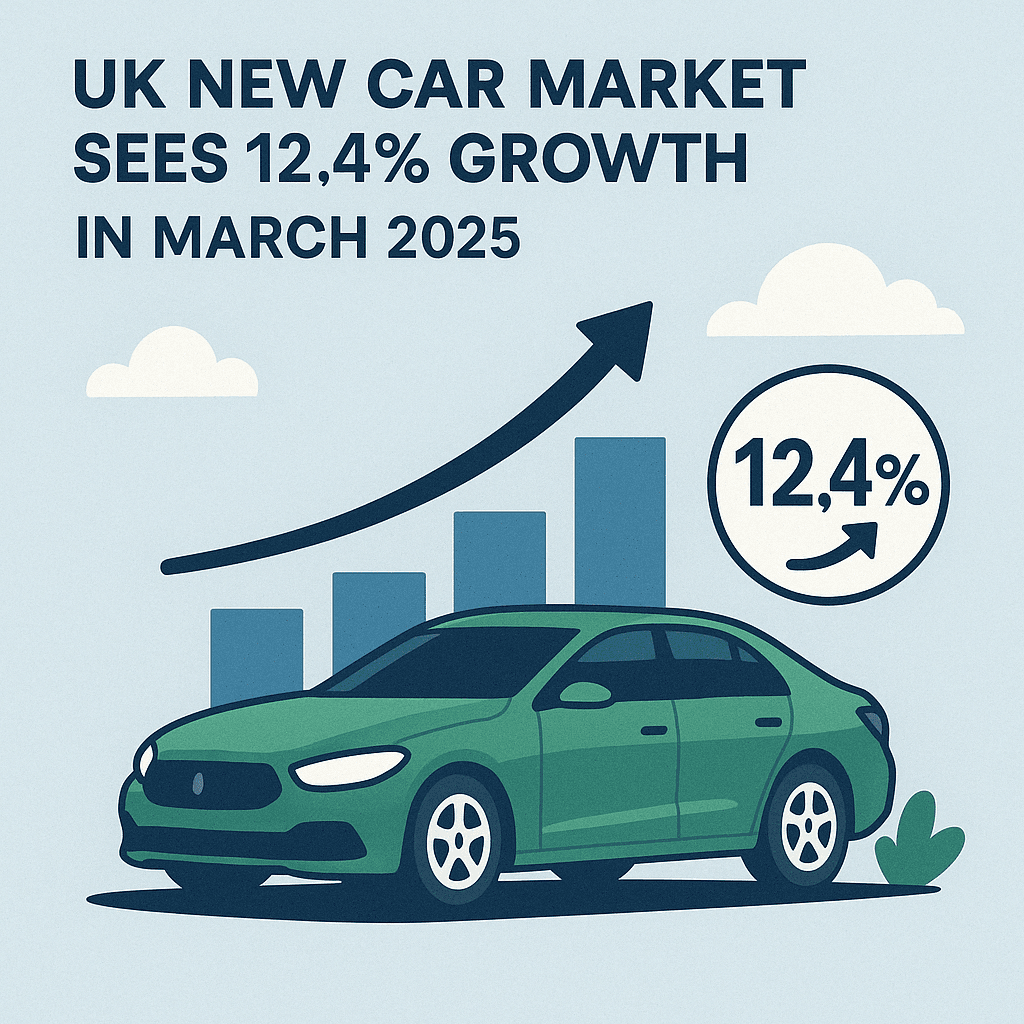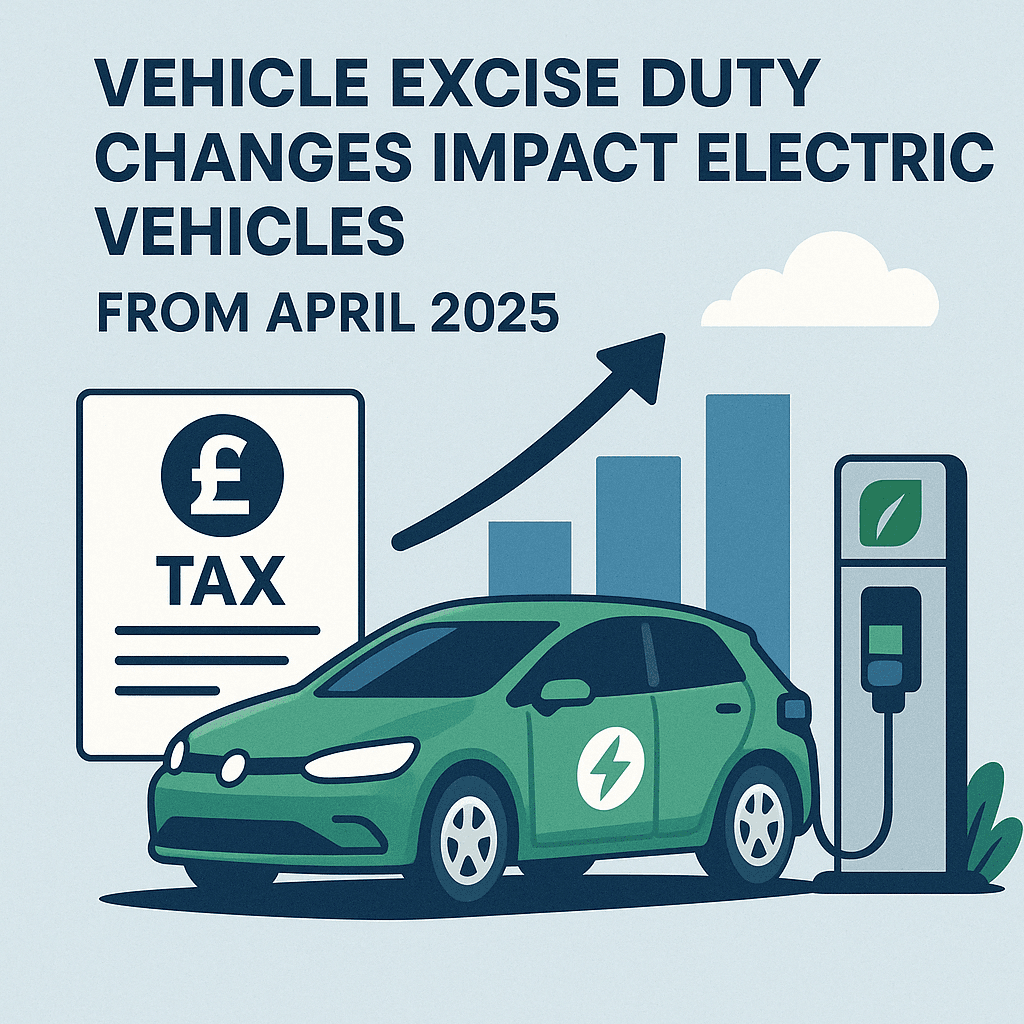
The UK’s new car market experienced a significant boost in March 2025, with registrations rising by 12.4% compared to the same month last year, according to the Society of Motor Manufacturers and Traders (SMMT). This marks one of the strongest year-on-year growth figures since the COVID-19 pandemic and signals a continued recovery across the automotive and car finance sectors.
Industry experts are pointing to a combination of factors behind the surge — including economic stabilization, a broader selection of electric and hybrid models, improved availability of vehicles, and increasingly competitive finance options.
1. Growing Consumer Confidence
March is traditionally one of the busiest months for the car industry due to the arrival of new number plates — and this year was no exception. The double-digit growth is a clear sign that consumer confidence is returning after a few challenging years marked by inflation, high interest rates, and supply chain disruptions.
Buyers are once again open to investing in long-term purchases like cars, especially when presented with affordable monthly payment plans. At Match Me Car Finance, we’ve seen a clear increase in enquiries, as customers take advantage of accessible Personal Contract Purchase (PCP) and Hire Purchase (HP) deals.
2. Attractive Finance Offers Fuel the Market
One of the key drivers behind the registration surge is the availability of highly competitive finance packages. Many manufacturers and brokers are offering 0% interest deals, deposit contributions, and flexible contract terms, making new cars more attainable for a wider range of customers.
As interest rates begin to level out, consumers are finding it easier to plan for monthly payments, and many are turning to brokers like us for personalised, transparent finance solutions.
3. EV and Hybrid Momentum Continues
The ongoing shift toward greener motoring is also pushing growth. March saw a continued rise in registrations of battery electric vehicles (BEVs) and plug-in hybrids (PHEVs), driven by both environmental awareness and long-term cost savings.
The availability of new EV models across various price points — from entry-level city cars to high-performance SUVs — is making electric motoring more mainstream. Finance options are playing a huge role in this, enabling buyers to spread the cost of higher EV purchase prices over manageable terms.
4. Stock Levels and Supply Chains Recovered
The shortage of semiconductors and global supply chain issues that plagued the industry throughout 2021–2023 have largely stabilised. Dealers now have better stock levels and a greater ability to deliver new vehicles promptly, which in turn makes finance customers more confident in proceeding with orders.
